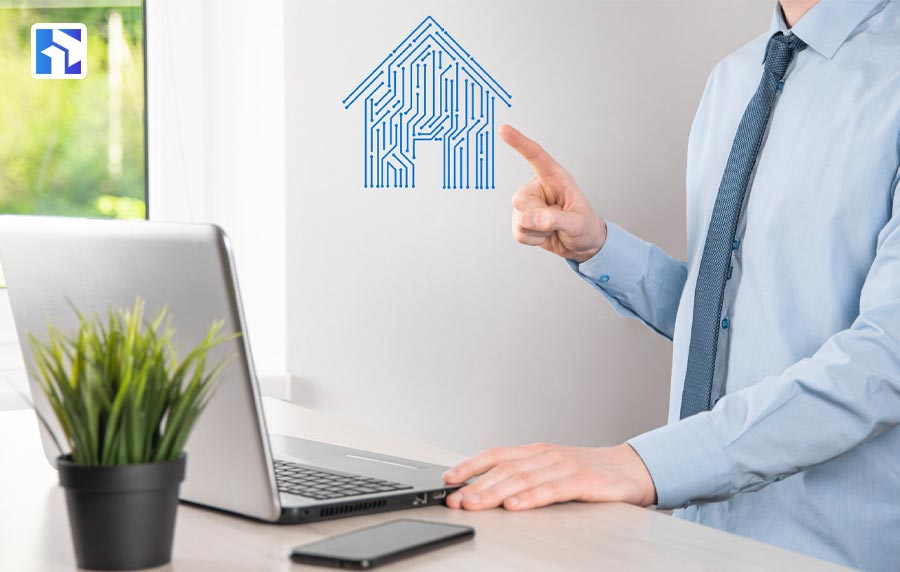In the ever-evolving terrain of our digital expanse, novel trends emerge, stirring the currents of our online odyssey. A noteworthy phenomenon gaining traction is what we dub the “Digital Landlord.” Let’s plunge into this notion, unravel its legitimacy, and pose the pivotal inquiry: Does assuming the role of a digital landlord hold water?
Understanding the Basics of Digital Landlordship

A digital landlord resembles a contemporary sorcerer of real estate, yet instead of bricks and mortar, they govern the ethereal realm of websites, domains, and digital assets. Analogous to conventional properties, the value and revenue of these digital assets stem from the meticulous creation, curation, and refinement of content. These tech-savvy landlords employ diverse strategies such as advertisements, affiliate marketing, and virtual merchandise to sustain the prosperity of their digital dominion. However, here’s the caveat: for this digital stewardship to be deemed authentic, adherence to ethical business practices, astute financial maneuvers, and compliance with legal norms are indispensable. Legitimacy pivots on candid advertising, equitable sales methodologies, and mastery of the art of affiliate marketing. And guess what? They’re not merely landlords; they’re technologically adept as well. Digital landlords leverage property management applications, encompassing ingenious software, cutting-edge security, and keyless systems, streamlining their landlord responsibilities. Even if someone refrains from broadcasting their status as a digital landlord, technology has permeated the rental realm with tools like spreadsheets for tenant screening, payment tracking, and lease administration.
The Birth of Digital Landlords in the Age of Tech Marvels

It’s hard to imagine anyone in property management not jumping on the digital landlord bandwagon. Modern technology is like the VIP in today’s life, especially when it comes to running rental businesses.
Tech offers landlords a bag of tricks that go beyond expectations. Communication gets a facelift as landlords send notifications about rent and smoothly handle tenant requests. Compare today to two decades ago, when everything was manual—rent collection, property management—and you’ll see the seismic shift thanks to modern technology. Aligning with technology boosts the chances of hitting it big in entrepreneurial adventures.
Top Features of Property Management Apps

Life as a landlord gets a facelift with the cool features of property management software. To make a splash with digital tech, landlords should check what tasks are stuck in the manual mud, slowing down the business.
Challenges like tenant screening, communication, maintenance, rent collection, payments, and late fees get a tech makeover. Automation takes the wheel, handling rent schedules and late fees like a pro. Tenant talks get smoother too, with property management software shooting out emails and pushing alerts to tenants’ phones.
Embarking on the Digital Landlord Journey

Stepping into the shoes of a digital landlord means smartly using modern technology to smooth out property management wrinkles. Look for apps tailor-made for property managers, handling tenant screening, rent collection, and the whole shebang.
The chosen software should be a time- and resource-saving superhero, giving landlords the power to handle business from any corner of the world.
Final Thoughts

Now that landlords know the benefits of technology in property management, it’s time to embrace the digital wave. The convenience and efficiency technology brings to the table are game-changers. With many landlords already proficient with technology, staying ahead with innovative methods is the key to being the boss in property management.
Must Read :
- How long does it take to get a realtor license
- How Much Do Real Estate Agents Make In Texas
- How long does it take to become a realtor: Unveiling the Journey’s Timeline

